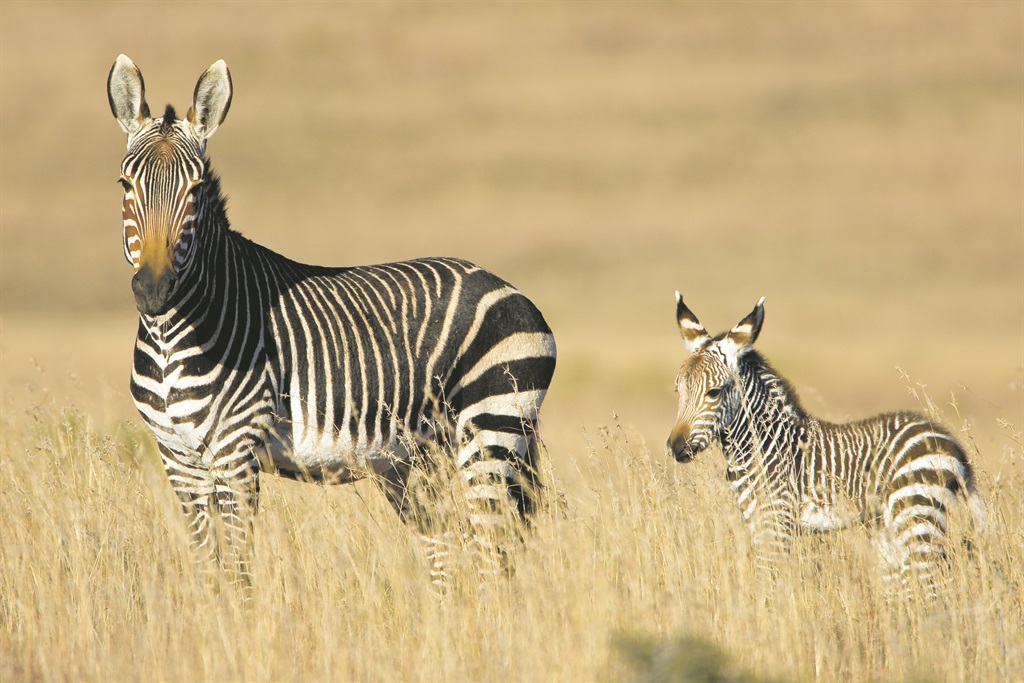
Since the advent of democracy, the transformation agenda under the leadership of the ANC has brought significant changes in many sectors except for the wildlife industry.
The wildlife industry is part of a multibillion rand biodiversity conservation sector for which the economy remains in the hands of the white minority.
The government and its public entities have since 1994 tried to transform the biodiversity sector with limited success.
Programmes and initiatives to transform both the biodiversity conservation and environmental management sectors have been successful only in achieving employment equity targets through the recruitment of black senior managers and scientists within the public sector.
Government’s call for employment equity and meaningful transformation within the private sector of the wildlife industry has remained a deferred dream due to formidable resistance by white authorities who monopolise this economy.
As the black majority, we have over the years been denied of our constitutional right to benefit economically from the natural resources which are abundant in this country.
The recent introduction of a comprehensive programme to transform the wildlife economy by the Department of Environmental Affairs has renewed the interest of the black majority to be active role players in this industry.
For the first time ever, government has introduced a viable and sustainable project model which will enable black people to be owners and managers of game farms, game hunting outfits, tourism facilities, game meat processing and bioprospecting factories with immense socio-economic benefits to the nation.
Transformation challenges such as lack of finance and qualified personnel, inadequate infrastructure such as game holding facilities, including fencing and tourism facilities necessary to establish a viable wildlife project, will be history as the government is ready to assist communities with financial and technical support.
In an unprecedented move, the South African National Parks (SanParks) has commenced with a ground-breaking programme to donate wild species of high commercial value, such as buffalos, to deserving communities and black businesses.
During his state of the nation address, President Cyril Ramaphosa has struck the right chord and emphasised the need to grow and nurture the tourism industry in rural areas for the benefit of the poor and unemployed people whose key asset is their land and its natural resources.
For this to materialise, it would be important that biodiversity stewardship programmes are introduced as a catalyst for economic development in rural areas.
The transformation initiatives should encourage communities to farm with more wild animals instead of cattle and goats which require intensive and expensive management programmes.
This strategy could also reduce human and wildlife conflict in communal areas which are adjacent to protected areas such as the Kruger National Park under the SanParks.
Traditional leaders throughout rural areas should be encouraged to participate in this programme and set aside enough land to be used for biodiversity conservation through the creation of community game reserves, environmental centres and tourism facilities. We should embrace this initiative and grab it with both hands so that we can turn our land – which is vastly bare and unused – into wealth for the community.
This is a marvellous opportunity through which we can create sustainable jobs and grow the economy in the rural areas.
Communities in the rural areas will not be able to access government support and play an active role in the wildlife economy if there are no relevant institutional mechanisms for good governance at local levels.
It will be important that community entities such as trusts, non-profit organisations, co-operatives and small businesses are established for good governance and compliance with the laws of this country. Governance issues can make or break community initiatives and the community property associations are a classic example of a great concept gone so wrong as many remain dysfunctional and paralysed by lack of capacity as well as corruption.
The private sector should also be mobilised to join forces with government and rural communities so that we achieve the transformation of the wildlife economy with inclusivity and social cohesion necessary for nation building.
This is a pertinent principle as we celebrate the 100 years of our first democratically elected president, uTata Nelson Mandela, who is one of the founding leaders of the Freedom Charter which declared that “South Africa belongs to all who live in it, black and white”.
Chief Livhuwani Matsila is the Founder of the Matsila Community Development Trust




 Publications
Publications
 Partners
Partners








